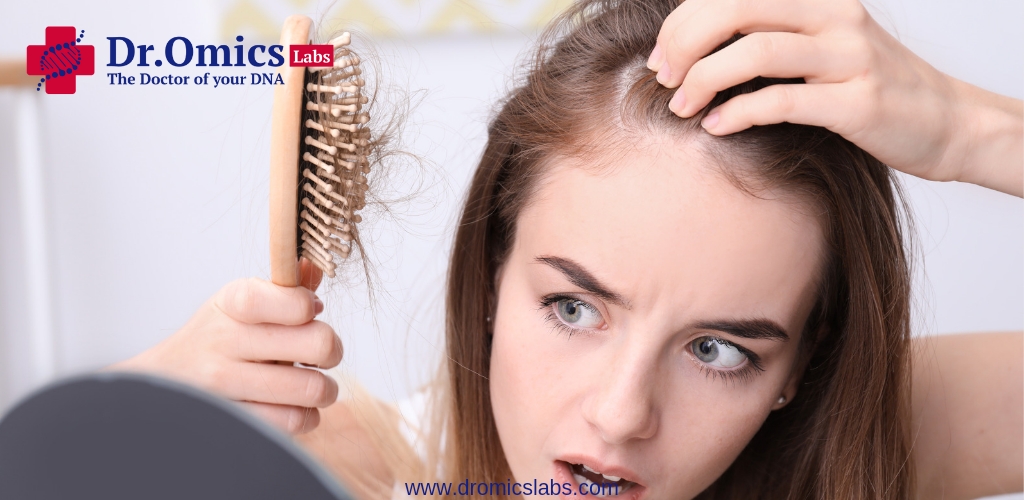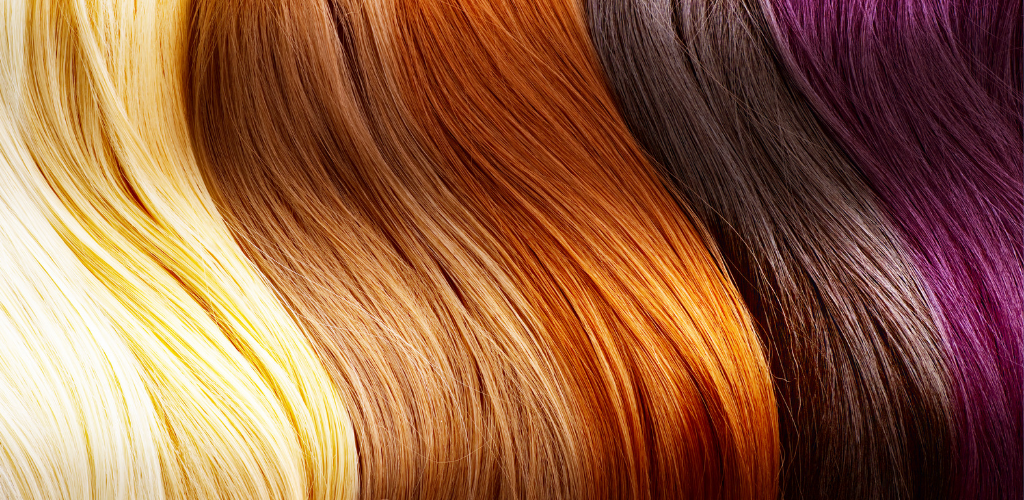The genetics of hair loss is a complex and multifaceted topic that encompasses various factors, including genetic predisposition, hormonal influences, and environmental elements. Understanding the genetic aspects of hair loss is crucial in developing effective treatments and interventions. Some key points to consider for a detailed blog on this topic include:
Factor for Hair Loss :
1. Genetic Factors and Hair Loss:
Genetic predisposition plays a significant role in hair loss, with androgenetic alopecia being the most common type, affecting both men and women. This condition is influenced by genetic and age-related factors that affect the androgen mechanism, leading to the regression of hair follicles.
2. Genetic Variants and Baldness:
Research has identified specific genetic variants linked to variations in baldness, particularly in male pattern baldness. Studies have developed prediction algorithms based on common genetic variants to discriminate between individuals with no hair loss and those with severe hair loss, offering insights into potential genetic targets for intervention.
3. Genomics and Hair Loss Research:
Recent findings have uncovered rare genetic variants involved in male-pattern hair loss, shedding light on the genetic underpinnings of this condition. The identification of significantly associated genes has provided valuable insights for further research and potential treatment developments.
4. Genetic and Environmental Interplay:
While genetic factors play a substantial role in hair loss, the interplay between genetic and environmental influences is also significant. Factors such as androgens, hormonal mechanisms, and environmental triggers contribute to the complex nature of genetic hair loss.
What are the different types of hair loss :
The different types of hair loss include:
- Androgenetic Alopecia: Also known as male or female pattern baldness, it is the most common type of hair loss, influenced by genetic and hormonal factors.
- Telogen Effluvium: This type of hair loss is often caused by a significant stress event, illness, or hormonal changes, leading to a large number of hair follicles entering the resting phase simultaneously.
- Anagen Effluvium: Usually associated with chemotherapy or radiation treatment, this type of hair loss affects the hair in the growth phase
- Alopecia Areata: An autoimmune condition causing hair loss in patches on the scalp or body.
- Tinea Capitis: A fungal infection leading to hair loss in the affected area.
- Cicatricial Alopecia: This is a group of rare disorders that destroy hair follicles, replacing them with scar tissue, resulting in permanent hair loss.
- Hair Shaft Abnormalities: Conditions where the hair shaft is fragile, resulting in hair breakage or loss.
How does stress affect hair loss :
Stress can impact hair loss through various mechanisms, and it has been associated with different types of hair loss. Here are some insights from the provided sources:
1.Telogen Effluvium:
High levels of stress can lead to telogen effluvium, a type of hair loss where the hair’s growth cycle is disrupted, leading to increased shedding. This condition may inhibit hair regrowth, cause the body’s immune system to attack the hair follicles, or result in a rapid loss of hair.
2.Chronic Stress and Hair Follicle Stem Cells:
Research has shown that chronic stress can activate the sympathetic nervous system and deplete melanocyte stem cells, leading to premature hair graying and potentially impacting hair loss. A study in mice identified that a major stress hormone puts hair follicle stem cells into an extended resting phase without regenerating the follicle or the hair, providing insights into the biological mechanisms linking stress and hair loss.
3.Genetic and Stress-Related Causes:
While there are many different reasons for hair loss, androgen and stress-related causes are usually underlying factors. Androgenetic alopecia, the most common type of hair loss, is influenced by genetic factors and age-related causes, and stress-related causes are also associated with hair loss.
What are some natural remedies for hair loss :
Hair loss is a common concern that affects many people, and natural remedies can be a cost-effective and safe way to address this issue. Here are some natural remedies for hair loss that you can include in your blog:
1.Coconut Oil:
Coconut oil is a natural hair mask that can help rehydrate your scalp and strengthen your hair follicles. It promotes hair growth and can be used as a pre-wash and post-wash hair product.
2.Rosemary Oil:
Rosemary oil is a popular natural treatment for hair loss. It can be used as a topical treatment by applying 4-5 drops onto your scalp and massaging it into your hair. Let the oil soak into your hair and rinse it out after 10 minutes.
3.Peppermint Oil:
Peppermint oil is another essential oil that can help with hair loss. It stimulates blood flow to the scalp, promoting hair growth. Mix a few drops of peppermint oil with a carrier oil like coconut oil and massage it into your scalp.
4.Red Ginseng:
Red ginseng is a traditional Chinese medicine that has been used for centuries to promote hair growth. It can be taken orally or applied topically to the scalp.
5.Onion Juice:
Onion juice is rich in sulphur, which can help promote hair growth. Apply onion juice to your scalp and leave it on for 15 minutes before washing it off with a mild shampoo.
6.Aloe Vera:
Aloe vera is a natural remedy that can help soothe an itchy scalp and promote hair growth. Apply aloe vera gel to your scalp and leave it on for 30 minutes before washing it off with a mild shampoo.
These natural remedies can be used in combination with other treatments or as standalone remedies. However, it is important to note that natural remedies may take time to show results, and it is essential to be patient and consistent with their use. Additionally, it is always advisable to consult a healthcare professional before trying any new remedies or treatments.
CONCLUSION
In the exploration of the genetics of hair loss, we’ve uncovered a fascinating world of intricate factors influencing this common concern. Genetic predisposition, hormonal influences, and environmental elements collectively contribute to the complex nature of hair loss.Understanding the role of genetic factors, especially in conditions like androgenetic alopecia, provides valuable insights for developing targeted treatments. Recent research has identified specific genetic variants linked to variations in baldness, allowing for the development of prediction algorithms and potential intervention strategies.
Citations:
[1] https://www.ncbi.nlm.nih.gov/pmc/articles/PMC9710406/
[2] https://www.ncbi.nlm.nih.gov/pmc/articles/PMC5308812/
[3] https://www.healthline.com/health/baldness-gene
[4] https://www.sciencedaily.com/releases/2023/09/230922110804.htm
[5] https://medlineplus.gov/genetics/condition/androgenetic-alopecia/




